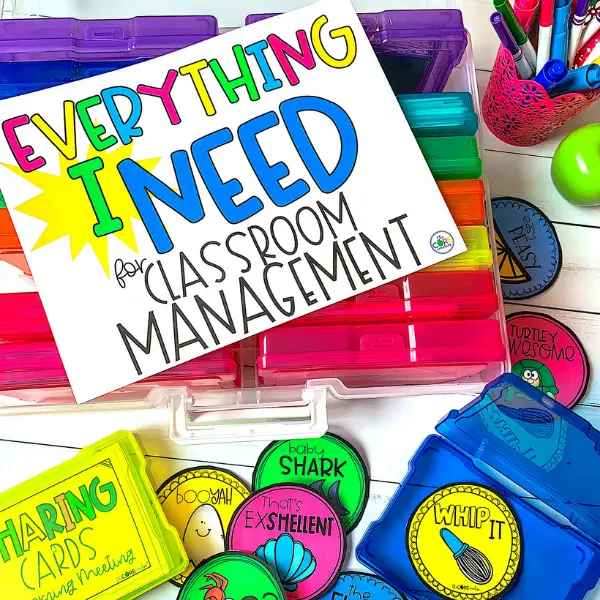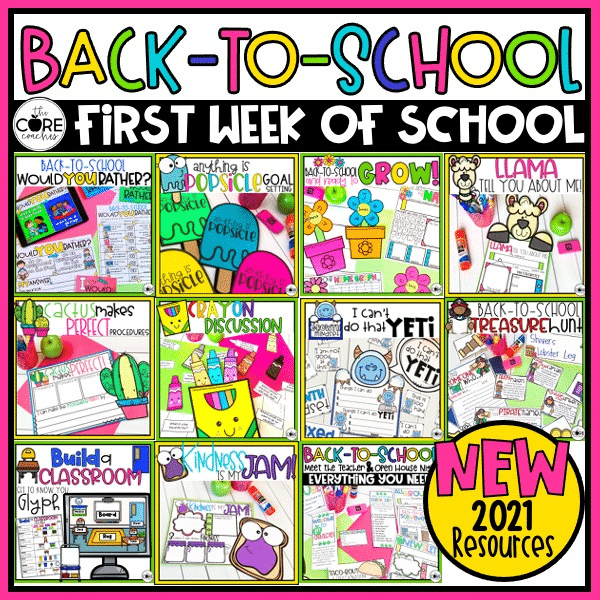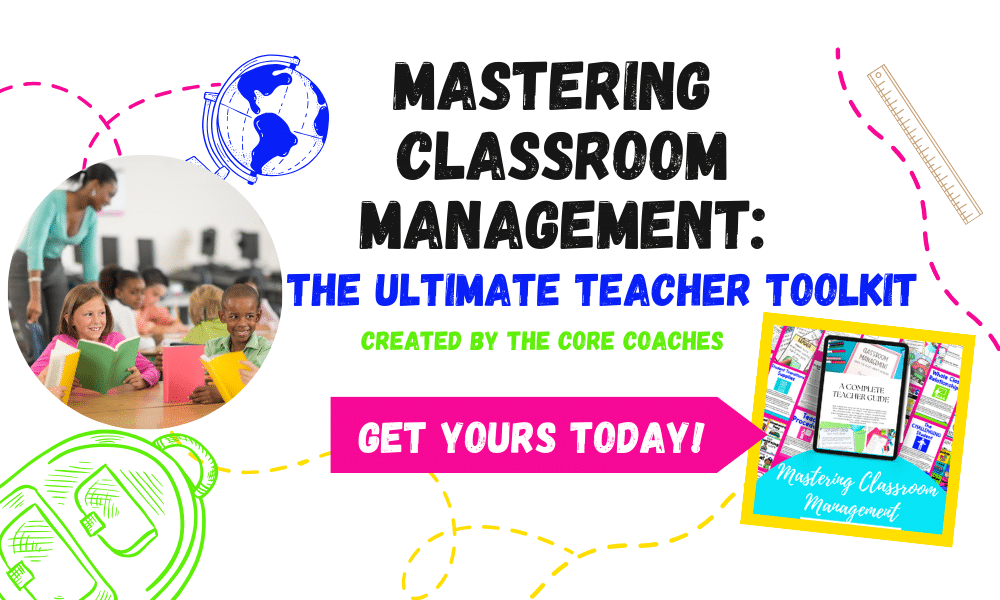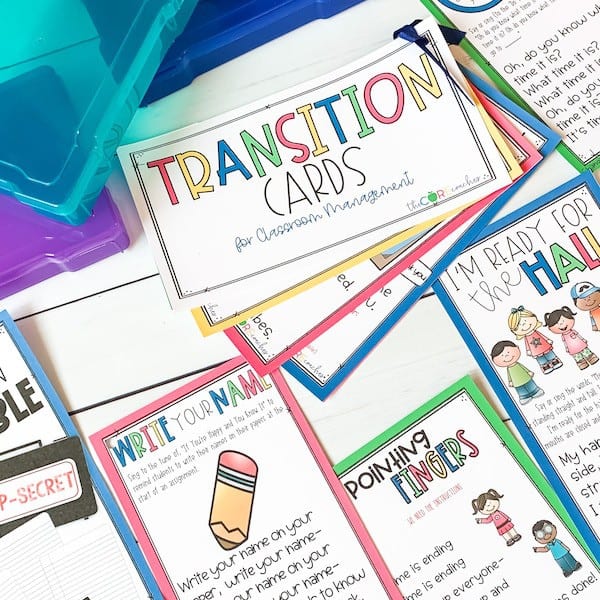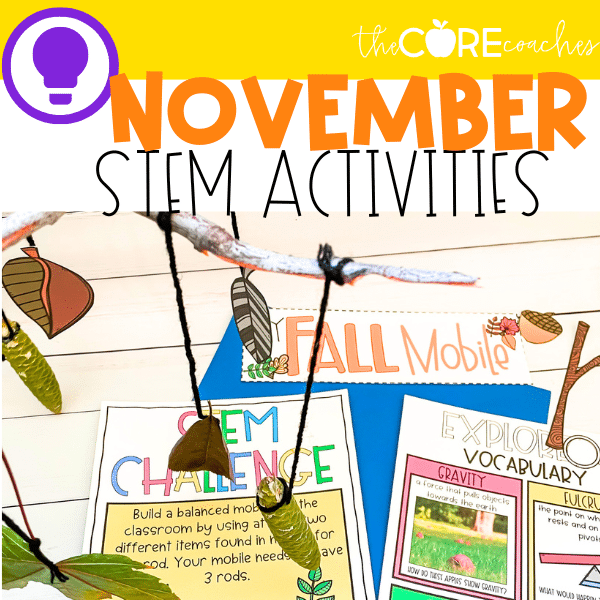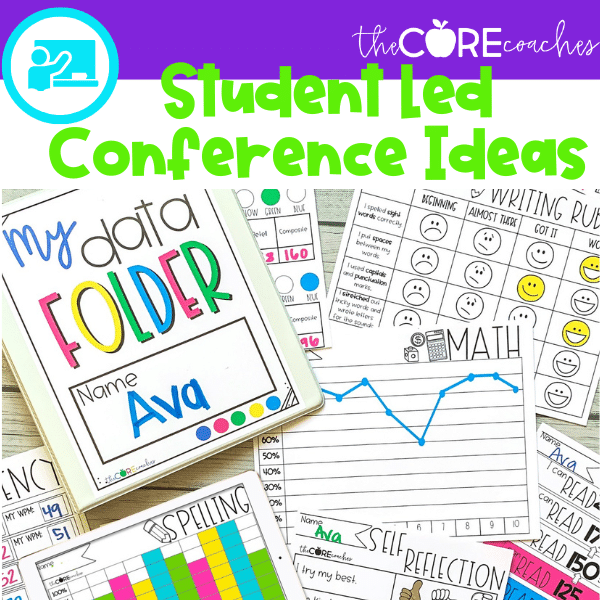In this article, we’ll help you understand why classroom management is important and provide 5 classroom management strategies to help create a safe, comfortable environment where students can learn and teachers can teach.
What is Classroom Management?
If you were to lookup the definition, you’d learn from Wikipedia that Classroom Management is a term teachers use to describe the process of ensuring that classroom lessons run smoothly without disruptive behavior from students compromising the delivery of instruction.” However, if you’re a teacher, you know classroom management has much more to it.
Classroom management is the cornerstone of a safe and positive learning environment.
Classroom management includes establishing a positive classroom community where your students can learn and achieve. Well managed classrooms are structured environments with focused, on-task students.
**Pro Tip** If you haven’t started this year’s classroom management plan, we have guides, along with over 30 new classroom management resources:
- A Teachers Guide: What is Classroom Management – Whether you’re a pro or brand new to teaching, this guide will provide an overview of what you should include, why classroom management is important and tips for how to best execute your plan.
- How to Create a Classroom Management Plan – This is a great step by step resource to help you determine what you should include and/or how to adjust based on understanding your new classroom.
- First Week of School Fun! This is a new resource with lessons & activities dedicated to your first week of school! Buy the entire bundle or chose from these products: First Name Activities, Get to Know you Activities, 1st + 2nd Grade Goal Setting, Growth Mindset Bulletin Board, Class Rules and Procedures, Back to School Writing, Discussion Cards, Back-to-School Scavenger, 1st & 2nd Grade Back-to-School Night Stations, and Meet the Teacher!
Why is classroom management important?
Classroom management is important because it directly effects your students ability to learn and your ability to teach. It impacts a teacher’s ability to be effective and actually ENJOY teaching. Most importantly, a well managed classroom highly impacts students’ academic success.
Be Proactive in your classroom management
The best classroom management is proactive. Effective classroom managers set up a productive environment with minimal disruptions. Instead of spending time trying to intervene and stop disruptive behavior, teachers should spend time and energy setting up and maintaining an environment where disruptions are less likely to occur.
So, why is classroom management important? Well, how do you (teachers) set up a positive, productive classroom environment? Let’s start with 5 proactive classroom management strategies that can help any teacher, whether you are just beginning, or a veteran with many years under your belt.
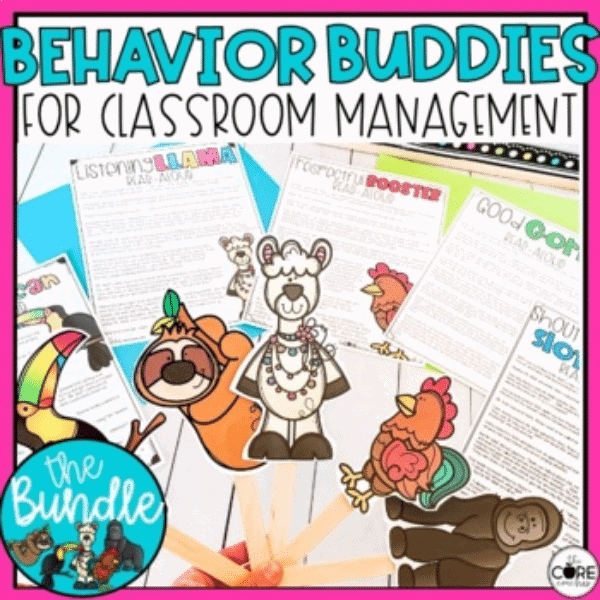
Quick Tip: Use a behavior buddy to help with specific behaviors. Shout-Out Sloth helps teach students about raising their hand.
5 Proactive Classroom Management Strategies
1. Focus on Building Relationships
Building healthy student-teacher relationships is essential to establishing a positive, safe classroom environment. Teachers should focus on getting to know their students on a personal level, taking time to learn about each student’s interests, strengths, and needs. Investing in students as individuals builds trust and positive relationships between the teacher and students, which is absolutely critical to successful classroom management.
2. Morning Greetings + Morning Meetings.
A morning greeting sets a positive tone for the rest of the day. Greeting students helps them feel welcome and safe the moment they arrive. It also provides an opportunity for brief chit-chat and personal connections. Another great way to build relationships is holding a classroom morning meeting. Morning meetings help students transition from home to school. They build a strong sense of classroom community and establish trust between the teacher and students. For morning meetings, the teacher and the students typically sit on the floor in a circle.
Setting clear expectations ensures students understand why the rules are important in a classroom community. In the beginning, teachers should take time to create a list of norms or agreements. The class discusses what the classroom should look, feel, and sound like. When students help create the rules and agreements, they have buy-in and are invested in the classroom community they help create.
4. Establish predictable routines and procedures
Teachers should spend a significant amount of time teaching classroom procedures. They should model and practice them many times with students. Teachers should establish a clear rerouting for EVERYTHING they can think of. They should teach procedures for transitioning from subject to subject, lining up, sharpening pencils, movement, group work, independent work, going to the restroom, getting a drink, etc. Establishing predictable routines is a critical part of classroom management because routines form the framework for a smooth running classroom.
5. Cues and Reminder
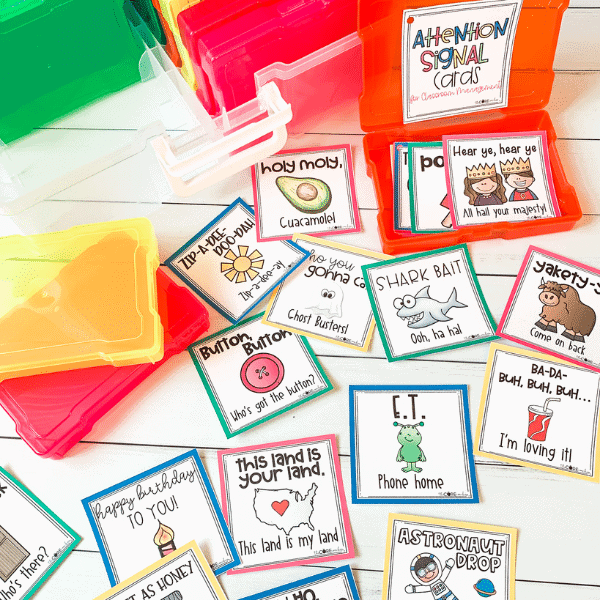
Reminders and cues are a great way to help students keep the rules and follow instructions without disciplining or negativity. Cues can be directed at the entire class or at individual students who need redirection. Cues can be verbal, visual, or physical.

